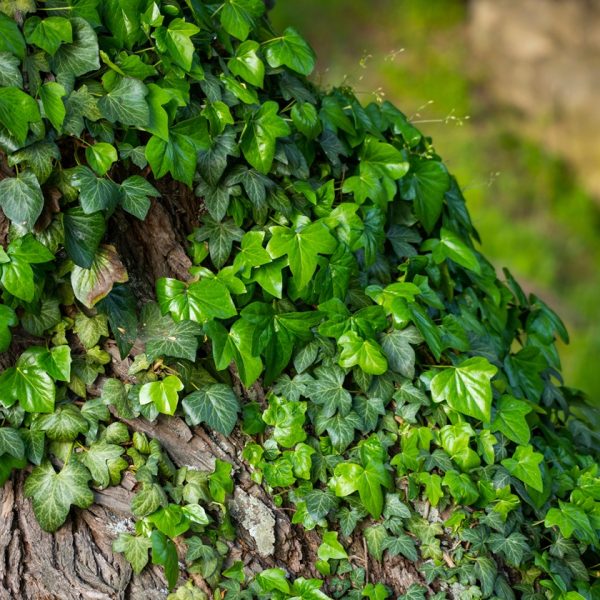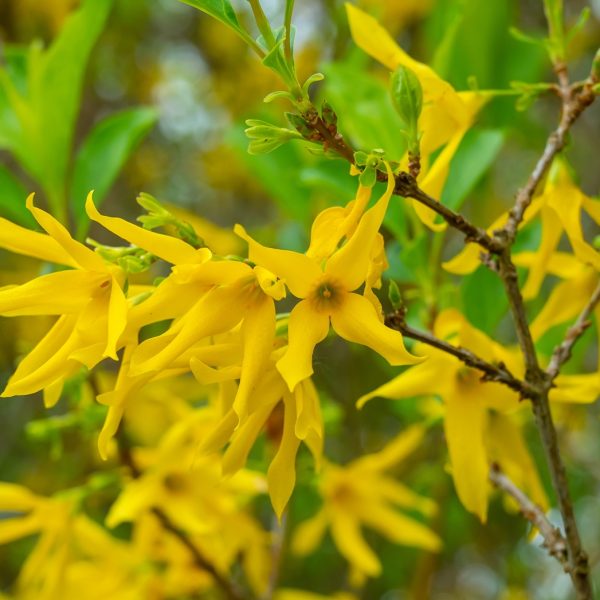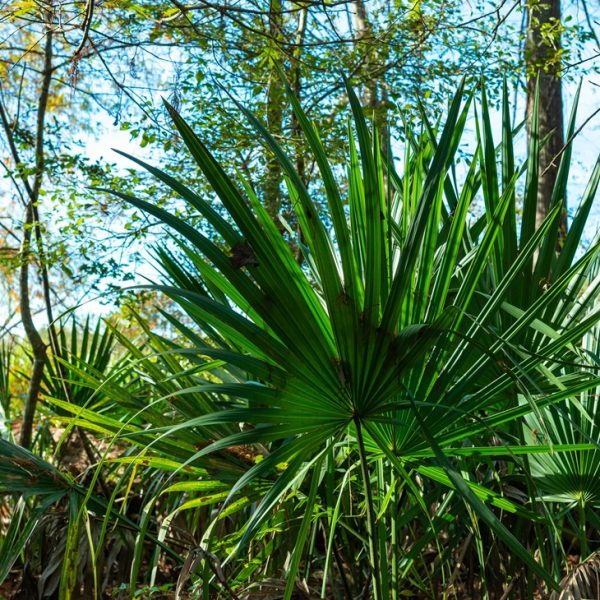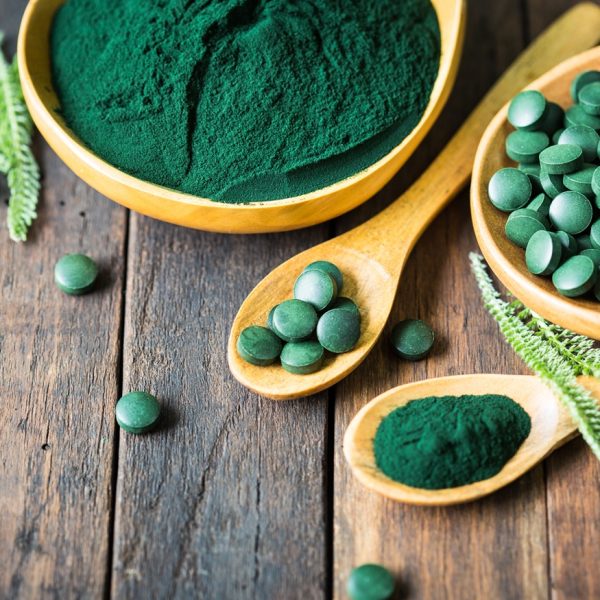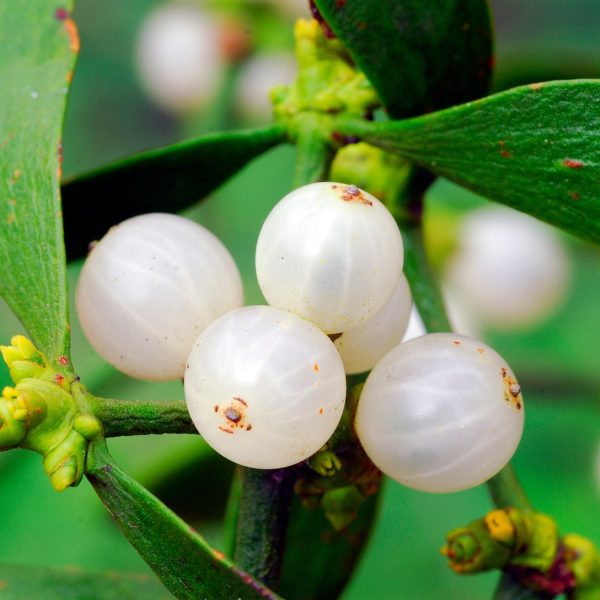Cold sores are a blistering sore on the skin, usually occurring around the lips or mouth.
Understanding cold sores

Cold sores are a blistering sore on the skin, usually occurring around the lips or mouth. They are typically noted for the onset of a tingling, itching, or burning feeling. This sensation usually precedes a blistering skin lesion which tends to appear within 48 hours of the initial sensations, these can weep and feel painful.
It is estimated that globally 3.7 billion people under the age of 50 have the virus which is the main cause of cold sores (1). This can often go unrecognised and not cause any symptoms or be very mild and not appear as a full-blown cold sore.
Cold sores can be painful for those affected by them, especially appearing around the mouth where there are lots of nerve endings, making the skin particularly sensitive.
How do cold sores work?

Cold sores are caused by a viral infection, known as herpes simplex (type 1), or HSV-1. The HSV-1 virus is spread by skin contact, and when a cold sore is in the active stages of blistering, weeping, and healing, it is very infectious. The usual type of skin contact which spreads the virus is oral, so mouth contact with skin. A lot of people with the HSV-1 will never have any symptoms, or only mild symptoms. In some people HSV-1 will cause what is known as cold sores, or herpes labialis.
The initial eruption of a cold sore tends to be the most severe one in most cases and can be accompanied by other symptoms aside from the sore itself (see symptoms section for details). Subsequent occurrences are often milder.
The usual onset of a cold sore is a sensation on the lips, mouth, or nose area such as tingling, itching, or burning. Within a couple of days this will usually be followed by the development of a blistering sore, which can bubble up on the area of affected skin, become weepy, and eventually develop a crust and heal. They can also arise as ulcers in the mouth. The usual course of a cold sore is around 10 days, and they tend to clear up on their own.
After an initial infection with herpes simplex, the virus remains dormant in nerve ganglia, from where it can reactivate causing symptoms to arise again (2). Recurrent eruptions tend to be less severe, and occur less frequently over time, depending on the state of the immune system.
Understanding the root
The HSV-1 is the cause of cold sores. People who experience recurrent cold sores may notice that their onset can be triggered by (1, 2):
- Overexposure to sunlight
- Being unwell or having a fever
- Physical or emotional stress
- Immunosuppression
- Unknown stimuli
- Menstrual period
- Injury
- Surgery

Cold sores do tend to clear up on their own, and there is no official treatment which will cure them, although anti-viral creams may speed up recovery by a day or so, and sometimes a low-dose of antiviral medications are given as a preventative measure in those who experience frequent or painful recurrences.
However, cold sores can be inconvenient for those experiencing them, especially when recurring. One factor in being susceptible to recurrences is the state of the immune system. People who are immunocompromised due to another condition (such as HIV), or people with generally low immunity may experience frequent recurrences of cold sores.
In rare cases where people are immunocompromised, HSV-1 can lead to complications such as encephalitis (brain infection), or keratitis (eye infection).
It is also possible to pass cold sores on to babies if you kiss a baby whilst a cold sore is active. This can lead to a serious condition called neonatal herpes, which can lead to neurological damage, or be life-threatening. It is best to avoid skin contact when a cold sore is active.
Whilst there is no treatment to cure cold sores, there is a lot which can be done with herbal medicines to provide immune support which may reduce susceptibility to recurrences, and symptomatic management to reduce the severity of eruptions and the time to healing.
Signs and symptoms
As we have outlined above, the typical symptoms of cold sores are the initial tingling, itching, or burning sensation which precedes the blistering.
A first cold sore infection can be accompanied by the following symptoms (1):
- Fever
- Body aches
- Sore throat (oral herpes)
- Headache
- Swollen lymph nodes near the infection
Herbal solutions
When considering herbal support for cold sores, there are several branches to the approach:
- Overall immune support and stress management, which may prevent occurrences. This can be a combination of:
- Herbal support with herbs to increase resilience to stress such as adaptogens, herbs to support healthy immune function, and herbs with anti-viral properties.
- Lifestyle adaptations which support healthy immune function, such as dietary modifications, healthy sleep routines, and stress management.
- Acute doses of immune supporting and anti-viral herbs as soon as the tingle begins.
- Topical application of herbs to relieve symptoms, reduce inflammation, and prevent spread of emerging cold sore.
Lemon balm
Lemon balm is often indicated specifically as a topical treatment for cold sores, because of its antiviral properties when applied topically. A strong extract of lemon balm which seems to exhibit anti-viral properties. A double-blind, placebo-controlled, randomised trial was conducted on 66 participants with a history of recurrent cold sores (four or more per year). The participants were divided into a study group who were treated with a 70:1 lemon balm leaf extract, and a control group who received a placebo. The cream was to be applied to the affected area four times per day, over a 5-day period. The primary target parameter for the study was day two scores of symptoms, size of affected area, and blisters. There was a significant difference between the two groups, for symptoms, size of affected area, and blisters (4). In addition, the lemon balm extract group noted shorter healing time, and a rapid effect on the typical symptoms of cold sores, suggesting that this extract is effective in treating cold sores topically as soon as the symptoms begin.
Although the antiviral effects of lemon balm are unlikely to be present to the degree they are found in this strong extract when the plant is taken internally, it does have additional benefits aside from its antiviral properties which may be of assistance in cases of cold sores. Lemon balm is calming for the nervous system, and is traditionally said to ‘calm the mind and make the heart merry’. This may be a helpful support for the nervous system when underlying stress is a factor in triggering cold sores and compromising immune function.

Echinacea
Echinacea is effective as a support for the immune system in cases of being generally ‘run down’ whether it be from stress or over-work. Echinacea can provide a helping hand, either as an ongoing prophylactic measure, or with acute doses when the warning signs of a cold sore begin to appear.
Echinacea is helpful in mobilising immune responses in the body, and has antiviral properties, making it particularly beneficial for allaying cold sores or reducing their severity when taken in acute doses at the first tingle or when feeling run down and one may be prone to a cold sore outbreak.
Liquorice
Liquorice is a fantastic herb for reducing inflammation in skin conditions and is specifically indicated in cases of herpes due its antiviral properties (3).
Liquorice provides a wonderful combination of properties which are helpful in cases of cold sores, particularly when affected by stress. It can be taken internally to support immune function both as an adrenal gland tonic for support during times of stress, to increase resilience, reestablish healthy stress responses, and for its antiviral properties.
It may be taken during a cold sore outbreak and applied topically to the affected area in a cream to aid healing and reduce inflammation. The constituent glycyrrhetinic acid (a triterpenoid) is thought to inhibit the growth and effects of herpes simplex (5).
Liquorice can also be taken internally as part of longer-term support and as a preventative for people who are susceptible to recurrent cold sores, which may arise during times of high stress, or when immunity seems to be compromised.

St John’s wort
St John’s wort is indicated by herbalists in cases of cold sores, for acute doses taken internally at the first sign of a cold sore. This is due to its reputed anti-viral properties, which seem to be beneficial in reducing the symptoms of cold sores at the onset (3).
Additionally, the topical application of St John’s wort is effective in assisting the healing of wounds, making it helpful when applied externally directly to the area of a cold sore, in a cream of gel formulation.
Calendula
Calendula is effective in reducing inflammation and has antiviral properties when applied topically (to the skin). This makes it helpful in the treatment of cold sores once they have already begun, assisting with the healing of the sore, particularly if the blisters burst and weep, as it has a drying effect in addition to being anti-inflammatory.
Peppermint oil
Peppermint oil has been suggested to have antiviral effects. An in vitro study of peppermint oil on herpes cell cultures found that the oil exhibited high anti-viral effects against HSV-1 and HSV-2. High concentrations of peppermint oil significantly reduced herpes virus titres by over 90%, in a time-dependent manner, and after three hours at 99% antiviral and proved to me more effective in the early stages of infection (6). Although this is an in vitro study, so not applicable directly to humans, it does indicate that peppermint oil may be beneficial when applied topically in the early stages of a cold sore.
Peppermint is also energetically cooling, which may be helpful for the burning and hot sensation that can accompany cold sores (and despite the name being cold!).
References
- Herpes simplex virus. World Health Organisation. https://www.who.int/news-room/fact-sheets/detail/herpes-simplex-virus. Accessed May 28, 2024.
- Herpes Simplex Virus (HSV) Infections. MSD Manual Professional Version. https://www.msdmanuals.com/professional/infectious-diseases/herpesviruses/herpes-simplex-virus-hsv-infections. Accessed May 28, 2024.
- Bone, K, The Ultimate Herbal Compendium. Warwick, Queensland: Phytotherapy Press; 2007.
- Koytchev R, Alken RG, Dundarov S. Balm mint extract (Lo-701) for topical treatment of recurring herpes labialis. Phytomedicine. 1999 Oct;6(4):225-30. doi: 10.1016/S0944-7113(99)80013-0. PMID: 10589440.
- Pizzorno J, Murray M, Joiner-Bey H, The Clinician’s Handbook of Natural Medicine. 2nd ed. St Loius, Missouri: Churchill Livingstone Elsevier; 2008.
- Schuhmacher A, Reichling J, Schnitzler P. Virucidal effect of peppermint oil on the enveloped viruses herpes simplex virus type 1 and type 2 in vitro. Phytomedicine. 2003;10(6-7):504-10. https://doi: 10.1078/094471103322331467. PMID: 13678235.

